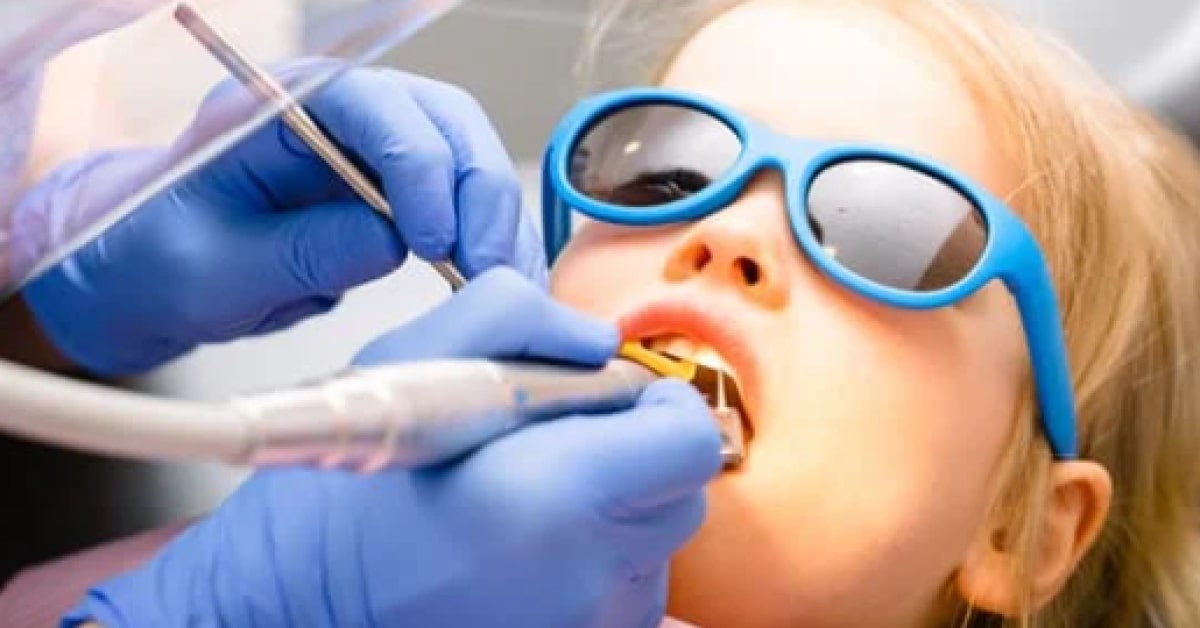Blog
December 09, 2019 • 5 min readOvercoming Patient Obstacles To Dental Sleep Medicine
Understanding and personal experience are necessary for discussing dental sleep medicine with patients. Poor breathing at night disrupts sleep quality, and a simple device like a retainer can help with snoring and sleep apnea.
Author

Joe Magness, DDS
Devdent CEO

In this Article
Albert Einstein said, “If you can’t explain it simply, you don’t understand it well enough.” For us to talk and influence, we need understanding. And, to gain understanding, we need personal experience! This is especially true when facing the obstacles to dental sleep medicine after introducing it to your practice.
The Biggest Obstacles To Dental Sleep Medicine
As you start having conversations about sleep, obstacles to dental sleep medicine from your patients will come up. Your patients don’t know the link between oral health and sleep health until you share it with them. So, they will likely be wondering why their dentist is talking about their sleep. If they ask that question, the reply can be this simple: “Poor breathing at night disrupts our sleep quality and doesn’t allow us to get the rest we need. I can make a simple device, like a retainer, that can help you breathe better by bringing your jaw and tongue forward. This helps with snoring and sleep apnea.”
After the hurdle of what dentistry has to do with sleep, you can discuss more of the symptoms of poor sleep and breathing. When patients ask questions, make sure to keep your answers simple and short. The best way to do that is purely through your own education on how we breathe, why it matters, and real experience of improved breathing. Then, practice it over and over. You see symptoms from poor sleep and breathing every day, so putting this knowledge into practice should be easy.
Overcoming The Obstacles To Dental Sleep Medicine
Here are the most common symptoms connected to poor sleep and breathing, as well as clear, simple responses you can use with your patients:
“My blood pressure is so high.”
Anyone who has high blood pressure should be sleep-tested. Low oxygen from poor breathing can stimulate the brain many times a night, sending out factors that tighten up the cardiovascular system. Your body does this to increase blood flow to the brain, but these factors stay in your system.
“My uncle had a heart attack.”
Has he had a sleep study done? All heart attack and stroke victims should be sleep-tested. Obstructive sleep apnea is often adding to the problem, and another one can or will come sometime if the sleep apnea is not taken care of.
“I am so tired.”
If you sleep well, then you will wake up feeling great and should have energy all day. Let’s get you tested and see why you aren’t getting the rest you need.
“I have a headache every day.”
We can really help with headaches. By minimizing muscle activity, your brain can rest better at night. Our brain needs REM sleep to maintain itself, which makes poor sleep a likely cause of your daily headaches.
“I have a history of Alzheimer’s in my family.”
Poor brain wave activity for decades can lead to Alzheimer’s. Our brain needs REM sleep to maintain itself. A home-sleep study can determine if you’re reaching REM sleep at night or not.
“I take so much pain medication because I have shoulder and lower back pain.”
If we can improve your brain levels at night, we can improve your pain threshold. This can assist you in taking less pain medication. Also, if you sleep on your side a lot, that is probably adding to your pain. With treatment, we can keep your tongue out of your airway allowing you to sleep on your back and give your shoulders a break.
“I have a predisposition to get diabetes.”
Adult-onset diabetes is preventable with good sleep, diet, and exercise. Poor sleep has an impact on that. It makes it hard for you to have the energy to exercise, have proper metabolic control, and it can make you crave unhealthy foods.
“I get congested at night and wake up with a dry mouth.”
You are most likely breathing through your mouth too much. We have products that can train you to breathe through your nose, which is how you should breathe.
“I am pregnant so I should not sleep well.”
Now is the time you need the best sleep for you and the baby. So, when you are asleep, it needs to be quality sleep. We have conservative comfortable ways to help you breathe and sleep better.
“I go to the bathroom multiple times every night.”
If you are sleeping deep, the urge to go to the bathroom should not wake you up. Let’s get you tested and see what is keeping you from sleeping deeper.
“I take medication for my acid reflux.”
Most likely chronic medication for your condition is not ideal, and poor breathing at night could be the cause. When your lungs expand they have to get the air from somewhere. If the airway is blocked behind the tongue, then the lungs get air from your stomach. This pulls the acid out of your stomach into your esophagus. However, when we take away the obstruction in your airway, the acid reflux gets better very quickly.
“I wake up exhausted.”
You are not getting enough restorative sleep. In most cases, you should wake up feeling amazing every day. If you’re not, let’s test you and see how you sleep. We will go over the results and have a conversation about the possible reasons you aren’t getting the rest you need.
“I can’t stay asleep.”
We need to figure out what is waking you up. Do you notice anything as the cause when you wake up? Many times people are woken up by poor breathing or pain. A home-sleep test can give me the information I need to give a proper recommendation. You have two options: I can refer you to a sleep specialist and you will get tested in a sleep lab or we have a home test. You wear the home test in your bed, then bring it back and we download the information. The data is then read by a board-certified sleep specialist. Either way, I just want you to be tested.
The best way to be comfortable facing these obstacles to dental sleep medicine is to practice. Share this with the whole team and role-play these conversations with your staff to gain confidence. You will become an expert, so stay with it. You are the best chance that your patients have to get treatment and save their lives, so don’t be afraid to start talking about sleep medicine.



